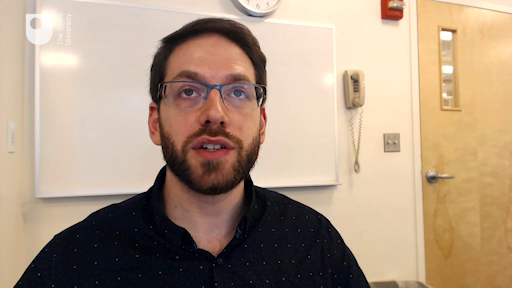5 Erich Hatala Matthes
In this section, you will finish Part II of Elliot’s paper.
Activity 5
Read until the end of Part II of Elliot’s article [Tip: hold Ctrl and click a link to open it in a new tab. (Hide tip)] and answer the questions below.
- Does Elliot think that if it isn’t known that it is restored nature, there has been no loss of value?
Answer
- No he does not. Something of value can be lost without knowing that it has been (p. 88).
- Do you agree with Elliot that (i) is worse than (ii), (ii) is worse that (iii), and (iii) is worse than what was there originally (p. 88−89)?
Answer
- Of course, I do not know what you wrote. However, if you do agree with him then his arguments have convinced you (or perhaps just reinforced what you thought already).
The American philosopher, Erich Hatala Matthes, summarises the arguments in the video below. Erich was speaking to over Skype from Massachusetts, so the quality of the video is not quite as good as it might have been.

Transcript: Erich Hatala Matthes on restoring nature
[MUSIC PLAYING]
